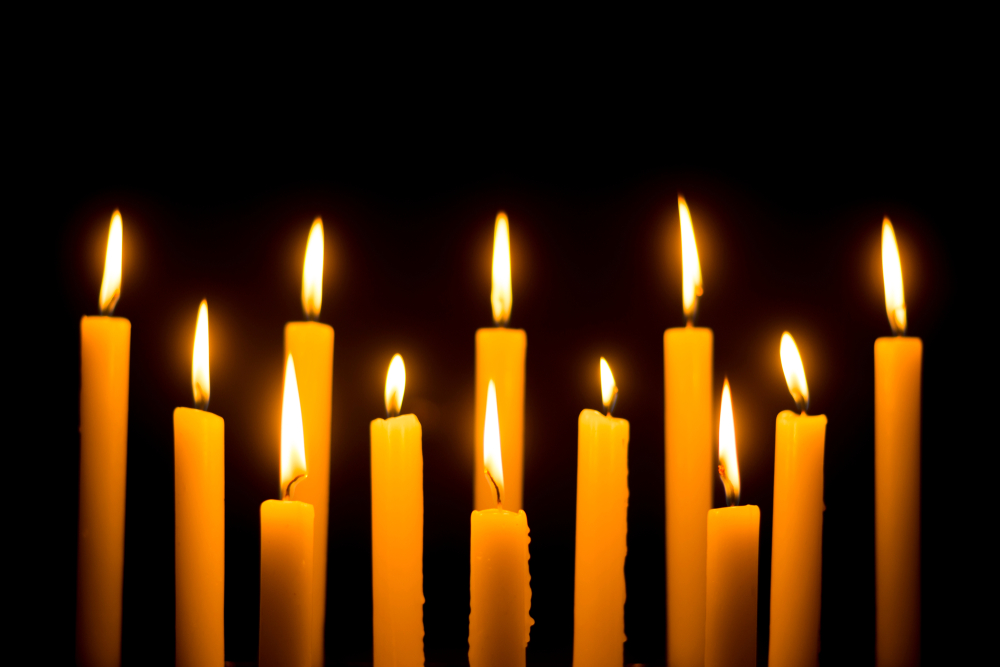
Burying the body as soon as possible after death is central to Jewish burial traditions. Doing so allows the family and friends of the deceased to begin their progression along the Jewish mourning process. But, before the body can be buried, it must be cleaned. This practice, called Taharah, is an important element of preparing for burial. In this blog post, we’ll discuss the spiritual significance of Taharah, and why the body should be cleaned before being buried with the Jewish monument.
What is Tahrah?
Taharah is the ancient practice of cleaning the body of a deceased Jewish person before burial. This cleaning process is performed by a trained individual.
While there are certainly hygienic benefits to washing the body before burial, Taharah is not a purely hygienic process. Rather, the primary goal is to prepare the body (and consequently, the spirit) for burial, and progression to the afterlife. So, when buried with the Jewish monument, the body has been fully prepared.

Who is Tasked with Cleaning the Body?
Cleaning the body in the Jewish funeral tradition is considered a high honor. And, it is not bestowed upon family members, or even close friends. Rather, individuals who are part of chevra kadisha societies are charged with cleaning the body of deceased individuals.
These societies do maintain and follow their own strict guiding procedures as well. First, people are only allowed to wash bodies of the same gender. Men may only wash men, and women may only wash women. This custom exists to maintain a level of modesty, even in death. To prevent additional grief during a time of extreme sadness, family members are not asked to participate in this tradition. Like the process of the rabbi leading the Kaddish prayer alongside the Jewish headstone, the chevra kadisha perform this prayer in a practiced manner.
The members of the chevra kadisha who are performing the ritual also recite prayers and psalms, with the goal of sending the spirit into the afterlife in a fully cleansed state. Once the body has been fully cleaned, the chevra kadisha place a prayer shawl or other religious garment over the body. While being buried beneath the Jewish headstone, the individual traditionally wears this garment.
In order to find members of the chevra kadisha in your area, you should consult your rabbi.
Who Watches the Body Before it is Cleaned?
From the time of death until the time of burial alongside the Jewish monument, the body of a deceased individual is never left alone. This custom, called Shemira, began as a way to prevent thieves and animals from tampering with the body. Now, it lives on as a way to show respect to and comfort the deceased, while also comforting the family.
The individual who guards the body is called a shomer. Shomers are either selected from a chevra kadisha, or from the congregation. While guarding the body of the deceased, shomers are restricted from eating, drinking, and other recreational activities, as a sign of respect.
So, before the body is washed by the chevra kadisha, it is watched over by one or several shomers. While this practice is not as common in modern times as it once was, Orthodox Jews generally still follow this tradition, along with the Jewish headstone unveiling tradition.
What is the Spiritual Significance of Washing the Body?
Taharah is also an expression of the cyclicality of life. Following birth, newborn children are washed, to attain a level of spiritual purity. Taharah enables deceased individuals to depart from this world with that same level of purity.
The process of the taharah reflects its spiritual importance. The individual performing the cleaning also recites prayers, asking God to forgive any sins committed by the deceased. These prayers also ask God to watch over the deceased.
Decorating the Casket
At one point in time, it was considered a common and respectful practice to place flowers next to the body. The scent of the flowers would offset the scent of the body, and create a more pleasant environment. However, this tradition is no longer associated with Judaism, and has become entirely a Christian custom. Rather than funding floral arrangements, many Jewish families request that donations be made in the name of the deceased.
During grave visitations, many Jews also refrain from bringing flowers to the Jewish monument. Instead, they generally decorate the headstone with rocks.

Understanding Jewish Monument Traditions
At Fox Monuments, we are prepared to help you through this process at every step of the way. Our experienced team will guide you through the memorial purchasing process, and give you the information you need to make informed decisions. Contact us to begin ordering a monument, or check out our selection.